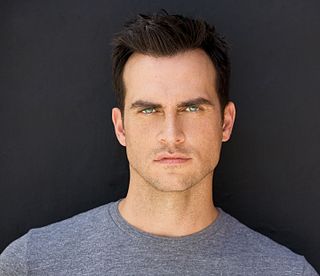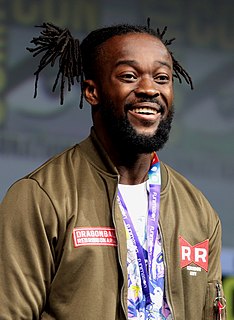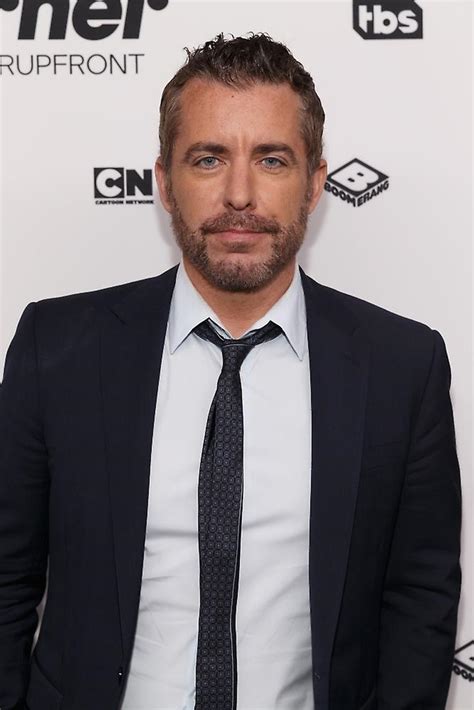A Quote by Elmore Leonard
I don't judge in my books. I don't have to have the antagonist get shot or the protagonist win. It's just how it comes out. I'm just telling a story.
Related Quotes
If I have a male protagonist, it's a studio movie, and if it's a female protagonist, it's an indie movie. That's just how it is. It's not about the studios. It's about America and who goes to see movies. Women are interested in men and women, and men aren't interested in the woman's story. They just aren't.
Well, let’s start with the maxim that the best writing is understated, meaning it’s not full of flourishes and semaphores and tap dancing and vocabulary dumps that get in the way of the story you are telling. Once you accept that, what are you left with? You are left with the story you are telling.
The story you are telling is only as good as the information in it: things you elicit, or things you observe, that make a narrative come alive; things that support your point not just through assertion, but through example; quotes that don’t just convey information, but also personality.
Also, getting the chance to play a supporting part meant that I didn't have to do as much as the protagonist, such as running around telling the story. [As the protagonist] you push the story whereas, paradoxically, as a character part, you have a chance to explore some of the nuance and some of the more complicated aspects of a character.
I think that when I'm telling a story, I'm doing the best I can to tell the story as fully as I can, and if there are various fractures that happen in the story, then that's just the very thing that the story is as opposed to my looking for avenues of difference in one story. They just really do exist. For me, anyway.
Every field piece I did on 'The Daily Show' was a story that lasted five to six minutes. We had a protagonist, we had an antagonist and often put them at odds. We knew the story we wanted to tell before we went in, and often it was about plugging whatever character you have - in this case, a real person - into said part.
I made the rules I figured I could be the one to break them. I thought I would write about xenophobia, a hatred of foreigners. After I stated writing the story there was not a foreigner to be had. I did not want to just stick one in there so I could get a title out of it since it seemed like cheating. I never figured out how I could get out of this dilemma so I just called it X and weaved X traits into the story.






































